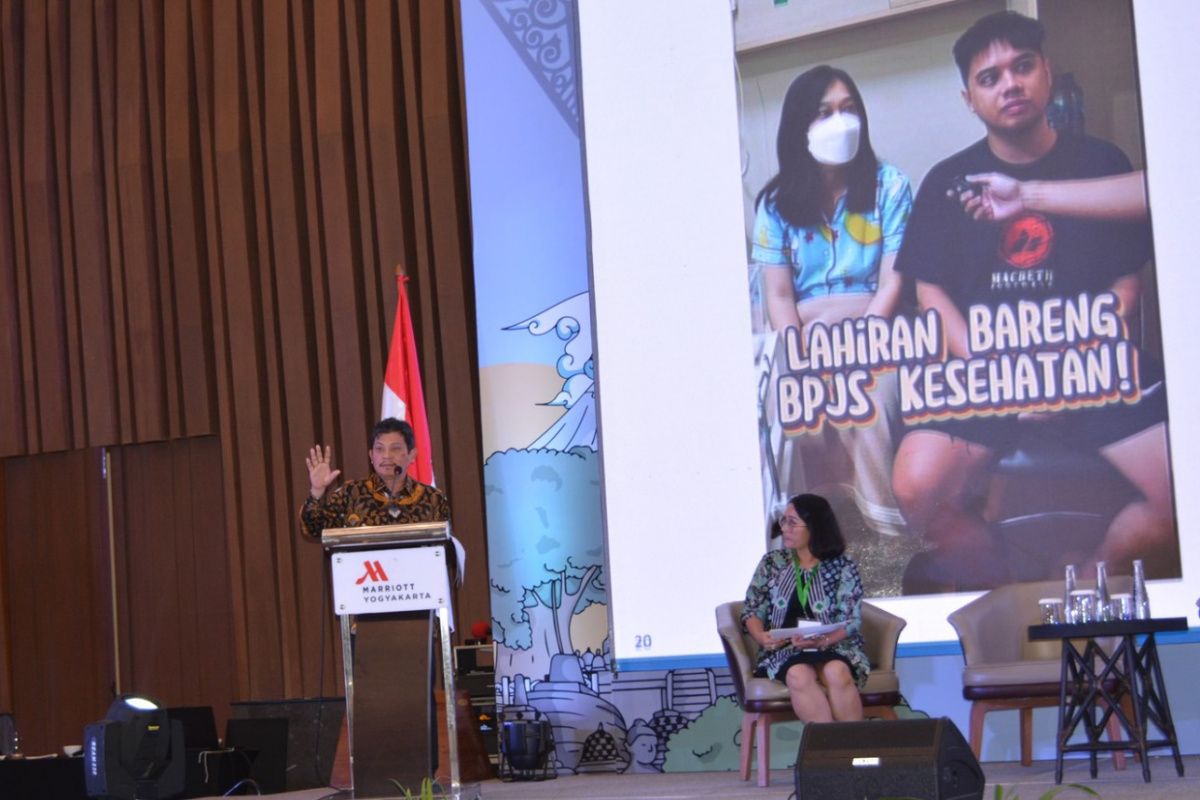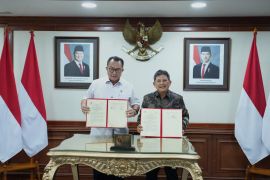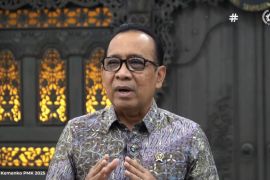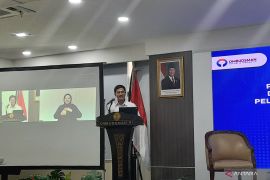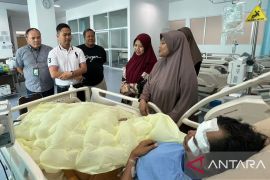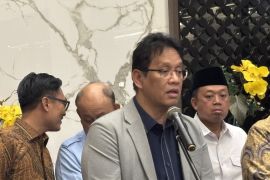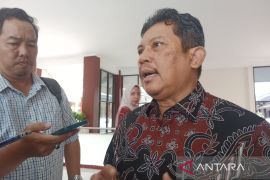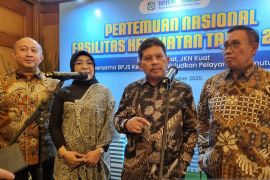"This was confirmed by the main director of BPJS Kesehatan, Ghufron Mukti, at the VIII National Conference of the Indonesian Association of Medical and Laboratory Equipment Companies (Gakeslab) in Sleman, Yogyakarta, on Thursday (Aug 10)," BPJS Sleman public relations official Maya Shinta stated here on Friday.
On that occasion, Shinta drew attention to Mukti's call to balance the growth in the number of JKN members with an increase in service quality, both in terms of the administration of membership and also health services.
"Previously, 10 years ago, pharmacies, laboratories, and health facilities, such as private hospitals, did not want to cooperate with BPJS Kesehatan. Now, almost all health facilities are lining up to collaborate with BPJS Kesehatan," Mukti pointed out.
"JKN membership coverage in Indonesia as of July 1, 2023, has reached 258,321,423 people, or 90.34 percent of Indonesia's total population. This figure can be considered as being the fastest and largest social security membership in the world for a one-scheme system," he further remarked.
Mukti highlighted that 24 provinces and 350 districts and cities had succeeded in achieving Universal Health Coverage (UHC), with JKN membership of over 95 percent of the total population.
To meet the need for access to health services, BPJS Kesehatan cooperates with 23,459 First Level Health Facilities (FKTP) and 2,953 Advanced Level Referral Health Facilities (FKRTL).
"The issuance of Regulation of the Minister of Health Number 03 of 2023 accommodates suitability of health service tariffs," he remarked.
Related news: BPJS Kesehatan pursues outreach program in Papua to improve coverage
He explained that based on the 2022 evaluation, the utilization of health services had increased sharply, with 1.4 million participants per day, or total utilization of 502.9 million per year.
These health services usually require laboratory examinations, such as for heart disease, cancer, stroke, hypertension, and diabetes mellitus.
"This new regulation even encourages the strengthening of service quality. For example, previously, cancer examinations were included in one INACBG's package. Now, we separate them to be paid separately," he elaborated.
At the national meeting, Mukti expressed hope for sound collaboration and synergy between BPJS Health and all parties in the JKN ecosystem to create easier, faster, and equal services that are supported by transformation and digitalization of services.
"This ongoing effort is a step to support the development of basic needs' policies and the strengthening of preventive promotives," he affirmed.
"Thus, not only changing the rates for health services but also increasing the quality of services, so that the benefits of the JKN program can be optimally felt by participants," he stated.
Mukti drew attention to three transformations to the quality of JKN services, thereby making them easy, fast, and equal.
"It is easy because you just need to use your National Identity Card (KTP) to carry out an examination at a health facility. Fast because the queue can be done from anywhere," he elaborated.
"The average queue (time) is 2.5 to three hours currently. It is different from before that could be up to six hours. Then, these services are considered equivalent because there are no differences in health services in health facilities," he explained.
Related news: Health insurance JKN becomes model for other Asian countries
Related news: JKN participants reaches 93% for less than 10 years, BPJS Kesehatan is in the spotlight in South Africa
Translator: Victorianus Sat Pranyoto, Katriana
Editor: Yuni Arisandy Sinaga
Copyright © ANTARA 2023
